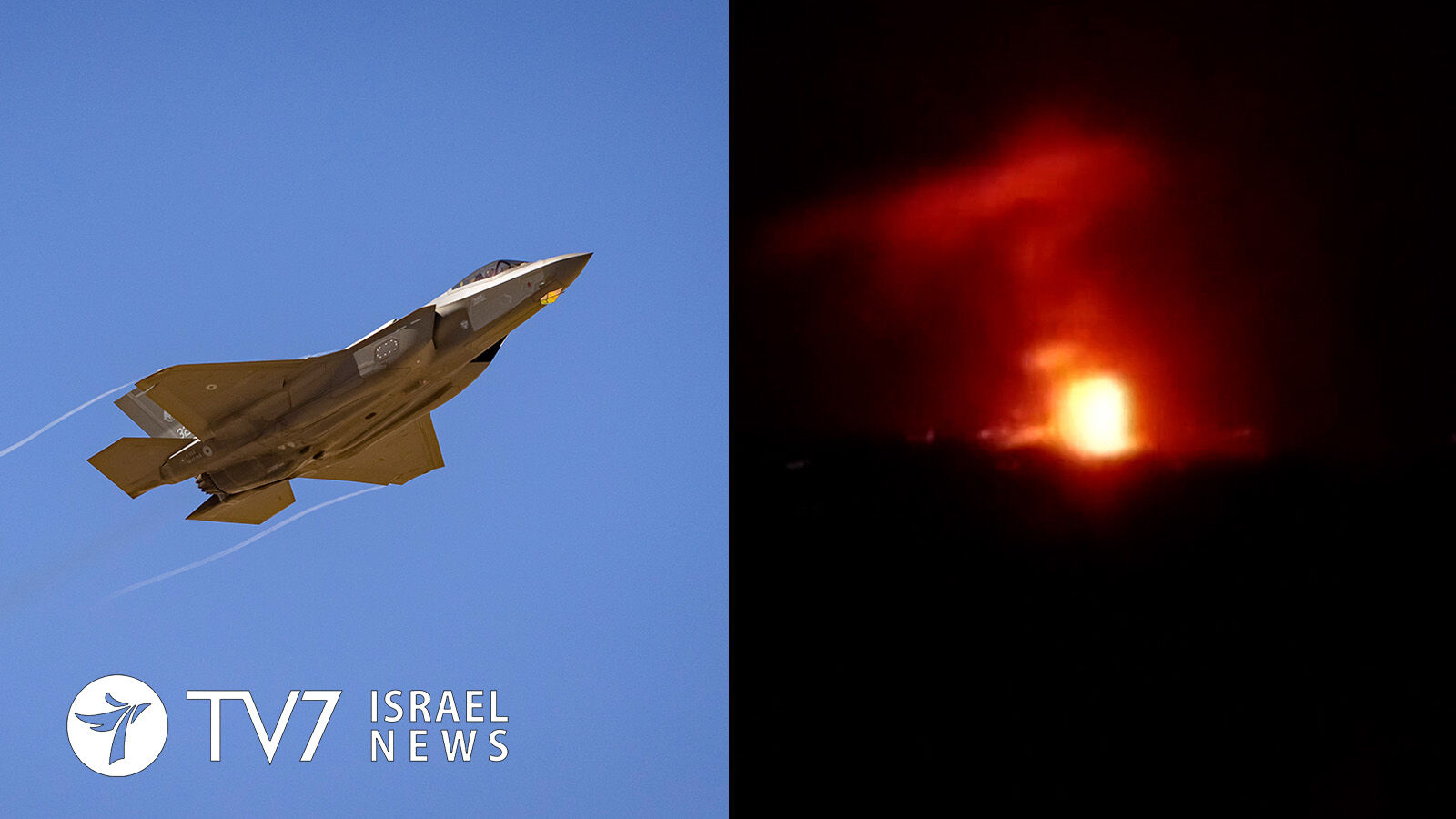The Damascus International Airport was forced to suspend services after unidentified fighter jets launched a missile barrage.
By Erin Viner
The Syrian Armed Forces blamed Israel for the attack, which is the latest in a series that have targeted Iran-linked assets in the Arab Republic.
According to the statement, a volley of air-launched missiles hit the airport at 2 AM yesterday that had been fired from the direction of the Sea of Galilee in Israel.
Two SAF forces were killed when areas south of the Syrian capital came under fire, where damage was also sustained, said the army. Two unnamed regional intelligence sources were cited by Reuters as reporting the strikes stuck an outpost near the airport of Iran’s Islamic Revolutionary Guards Corps (IRGC) Quds Force and its’s terrorist proxies, whose presence has expanded in Syria in recent years.
Last year, Israel intensified strikes on Damascus International and other civilian airports to disrupt Tehran’s increasing use of aerial supply lines to deliver arms to allies in Syria and Lebanon, including Hezbollah.
While Syria’s Ministry of Transportation said in an online statement that the airport later resumed operations following removal of debris, previous strikes last June halted both incoming flights for nearly two weeks after extensive damage to infrastructure, including a runway and a terminal.
The government of Syrian President Bashar Al-Assad accused Israel of causing the suspension of operations at Damascus International for several days again last September, in parallel to strikes on the country’s second-largest civilian airport in the northern city of Aleppo.
The IDF generally refuses to comment on alleged operations against suspected Iranian-sponsored weapons transfers and personnel deployments, although Jerusalem officials have acknowledged mounting hundreds of attacks on Iranian-linked targets in Syria from which the Islamic Republic and its proxies have tried to attack neighboring Israel over the last decade.
Western intelligence sources say the Islamic Republic has stepped up aerial weapons shipments to its terrorist proxies, including Hezbollah, in attempts to evade IDF strikes on overland ground convoys amid Israel’s escalation to eliminate Iranian-linked targets inside Syria as part of the “shadow war” between the two arch-foes. Research centers for weapons development and munitions depots operated by IRGC have particularly been in the IDF’s crosshairs.
IDF Chief of Staff Lieutenant General Aviv Kochavi revealed late last month that Israel has conducted near weekly operations against Iranian smuggling efforts that have succeeded in “entirely closing off” most of the air, sea, and ground and ground routes. He also effectively assumed responsibility for an aerial bombardment on an Iranian convoy that sought to cross the border from Iraq into Syria in an 8 November attack that Iraqi officials destroyed two fuel trucks.
Seeking to highlight Israel’s qualitative military edge in attaining pinpoint intelligence on attempts by the Islamic Republic to smuggle weapons to its regional terrorist proxies, Gen. Kochavi stressed the IDF is routinely successful in “disrupting the pace” of deliveries to both the Syrians and the Hezbollah terror organization.
The Assad regime has never publicly acknowledged that Iranian forces operate on Syrian soil, claiming Tehran only deploys military advisors on the ground.
